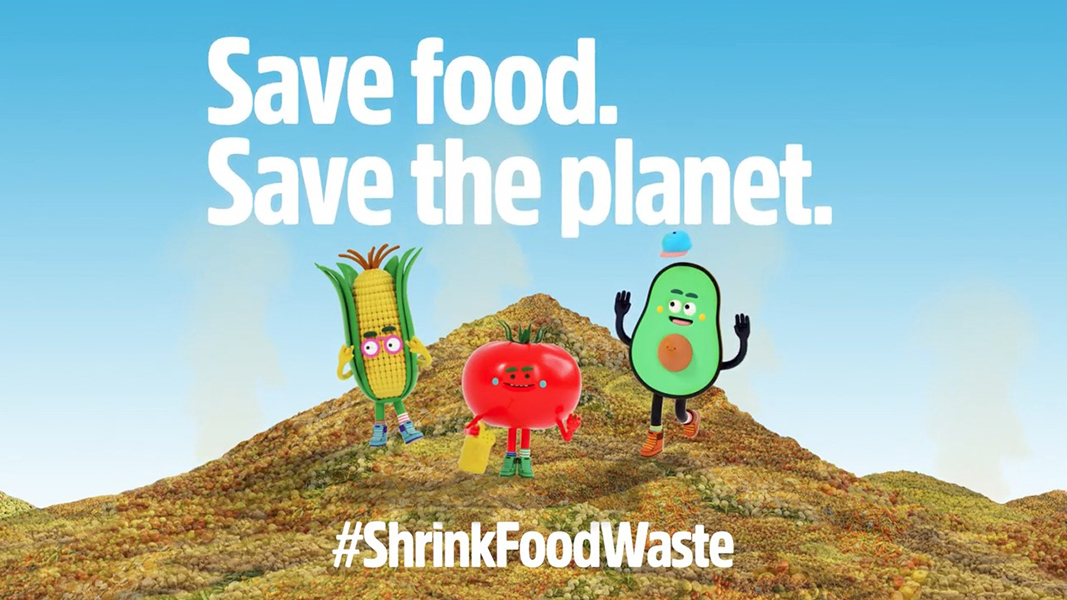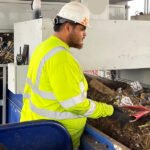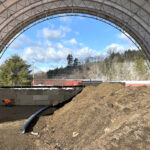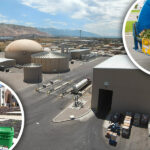A news story on NPR’s Morning Edition on Sept. 21 interviewed several trash collectors who commented on how much the weight of the trash they are picking up has increased since the COVID-19 pandemic hit the U.S. For example, Demetrius Tart in Alpharetta, Georgia used to collect between 17 and 18 tons of trash each day along his route. Now, Tart told NPR, it’s more like 22 tons a day. According to SWANA, residential trash increased by as much as 25% in the spring. The U.S. EPA estimates that more food reaches landfills and incinerators than any other single material in our everyday trash, constituting 22% of discarded municipal solid waste. Thus we can assume that about 5 tons of the 22 tons collected by Tart are food waste.
Initiatives to educate households about food waste and wasted food have been ongoing since the early 2010s. But with parents and children at home together more these days, there is no better time than now for a refresher. Earlier this month, the Commission for Environmental Cooperation (CEC) — an intergovernmental organization established by Canada, Mexico and the U.S. — launched its “Let’s Shrink Food Waste Mountain” awareness campaign in North America, which has valuable videos, tools and other activities to educate youth on the impact of food loss and waste. The easy-to-use tools are available in English, French, and Spanish and “shine a light on how young North Americans can help reduce their contributions to North America’s food waste problem — and in doing so, help the planet,” says the CEC.
One of the fun and creative activities is to earn badges:
- Grower-Chef: Increase your food literacy, learn how to grow food, understand its value, and learn how to cook and prepare foods that prevent and reduce food waste.
- Food Innovator: Learn ways of using food by-products or preparing or preserving food that otherwise may have gone to waste.
- Influencer: Make posters, hold events and share what you’ve learned about preventing food waste.
- Food Rescue: Actively rescue food and ensure that it gets eaten.
- Systems Thinker: Help build systems to help others prevent food waste, from designing bins and signage to separate our waste and starting composting, to welcoming local business into circular systems thinking.













